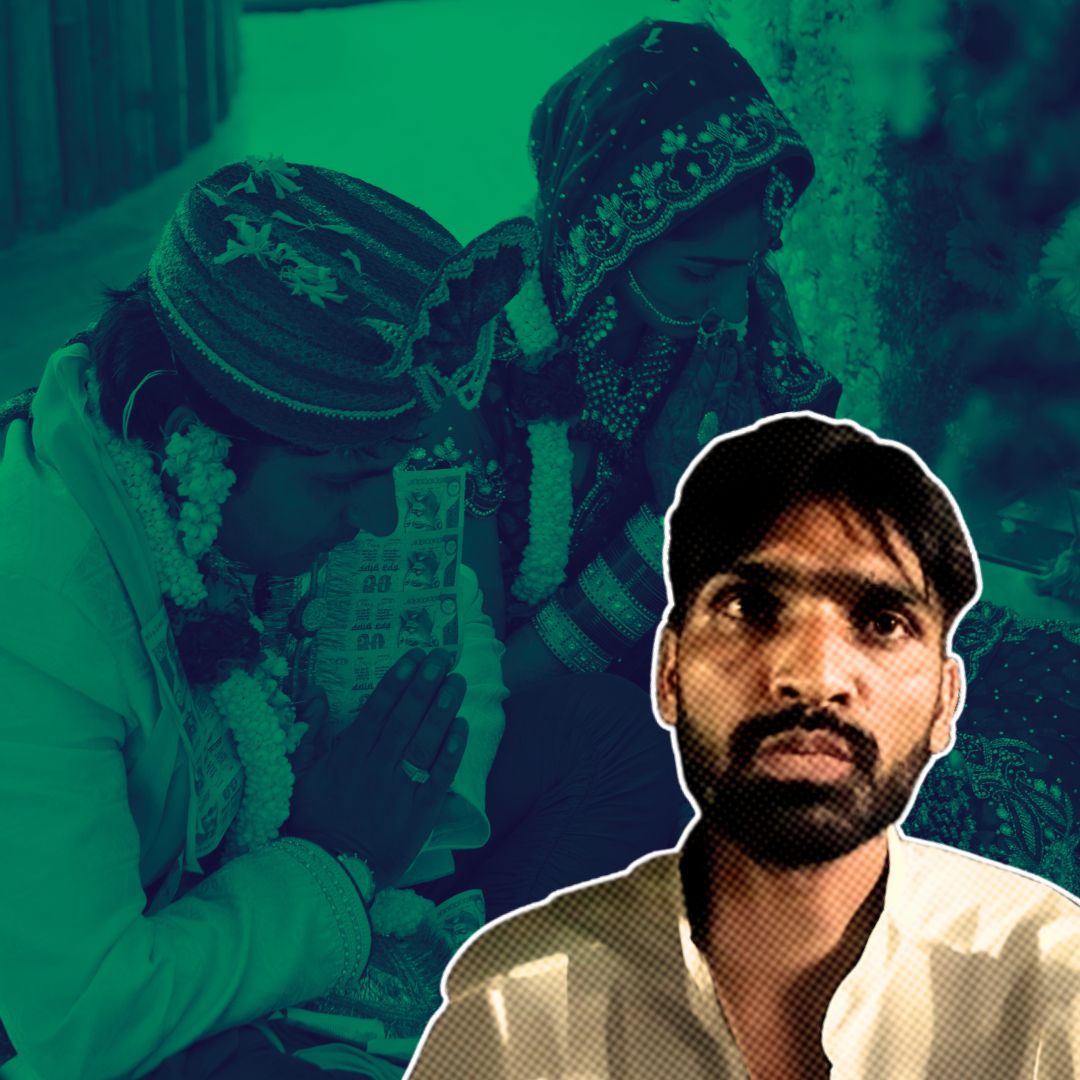A wedding in Bijnor, Uttar Pradesh, took a violent turn when Muhammad Shabir, the groom from Uttarakhand, offered Rs 5,000 instead of the Rs 50,000 demanded by the bride’s family for returning his hidden shoes during the joota chupai ritual.
The disagreement escalated into a physical altercation between the families, with Shabir’s family alleging they were locked in a room and beaten with sticks. Police intervened and mediated the dispute, resulting in an amicable settlement. The incident highlights the potential for cultural practices to lead to misunderstandings and financial strain.
A Festive Tradition Turns Sour
The joota chupai ritual, a playful custom where the bride’s family hides the groom’s shoes and demands a ransom, took a bitter turn during Shabir’s wedding procession. The bride’s relatives reportedly called Shabir a “beggar” for offering Rs 5,000 instead of Rs 50,000.
This led to heated arguments and eventually violence. According to police officials, both families presented conflicting accounts: while Shabir’s family claimed they were assaulted and questioned about gold gifts, the bride’s family accused them of prioritising money over relationships.
Najibabad police confirmed that the matter was resolved peacefully after discussions. The police ensured that both parties understood the importance of maintaining harmony during such ceremonies.
Rituals and Misunderstandings
The joota chupai tradition is meant to foster lighthearted interaction between families but has occasionally caused disputes over monetary expectations. In Shabir’s case, what began as playful banter spiralled into accusations and physical clashes.
Such incidents highlight how cultural practices can sometimes lead to misunderstandings or financial strain. This tradition, while intended to be humorous, can become a source of tension if not managed with sensitivity and mutual understanding.
Preventing Future Conflicts
Community leaders in other regions have taken proactive steps to prevent such conflicts. For instance, the Chhipa community in Ahmedabad has set a maximum limit of Rs 5,000 for this ritual to avoid disputes.
This approach can help maintain the spirit of the tradition while minimizing potential for conflict. By setting clear expectations and limits, communities can ensure that cultural practices remain enjoyable and respectful for all involved.
The Logical Indian’s Perspective
This incident underscores the need for moderation in cultural practices to ensure they remain joyful rather than contentious. While traditions like joota chupai add vibrancy to weddings, they should not overshadow the spirit of unity and celebration.
As society evolves, it is crucial to balance customs with empathy and respect for all parties involved. What are your thoughts on maintaining harmony during wedding rituals? How can we ensure that cultural practices remain a source of joy rather than conflict? Share your views below!











